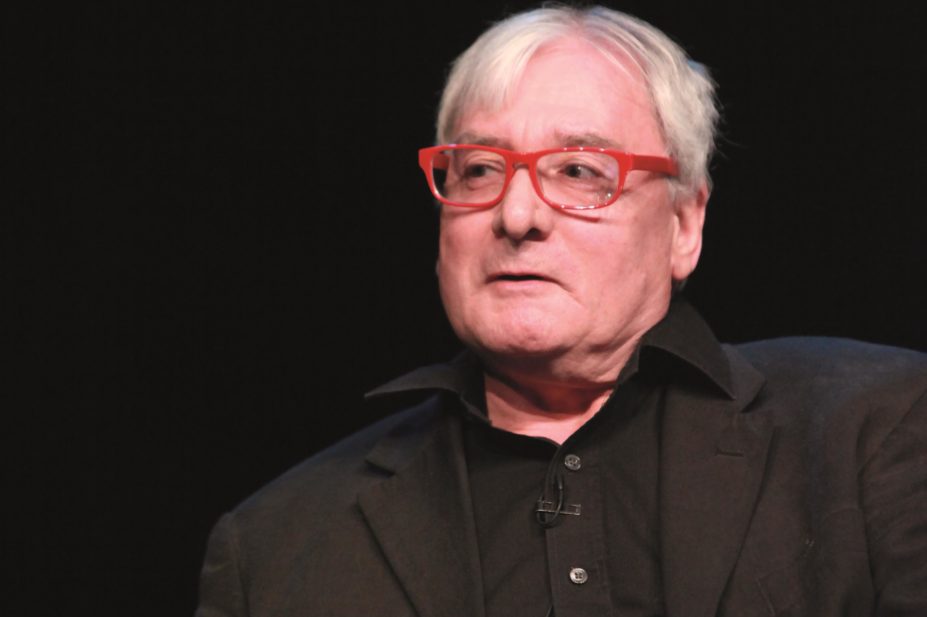
Nadia Attura
Pharmacy degrees should move away from a focus on chemistry and other sciences and concentrate on health provision, Scotland’s chief pharmacist has said.
Speaking at the Royal Pharmaceutical Society’s annual conference on 8 September 2014, Scotland’s chief pharmaceutical officer Bill Scott argued for a radical shake-up of pharmacy education to remove the “mystery” associated with the pharmacy profession.
“We still have the requirement for chemistry,” Scott told delegates. “We need to move away from that. It’s not about chemistry, it’s about healthcare. [Pharmacy] is not just science, it’s more than that. We need to have that discussion before [prospective students] apply.”
Scott’s suggestion was supported in a separate session by pharmacist Mathew Smith from Cardiff School of Pharmacy and Pharmaceutical Sciences. “I would get rid of loads of the science,” Smith said, responding to a question about a radical solution for pharmacy undergraduate development. “Around 99% of our students are going to be pharmacists and not going in to the pharmaceutical industry; if you look at those who do, it’s training on the job now, rather than at undergraduate [level].”
The calls follow the announcement at the conference by Mike Hannay, chairman of the “Educating for excellence” conference stream, that few responses to the Health Education England (HEE) and the Higher Education Funding Council for England (HEFCE) consultation on student numbers favoured introducing a break point into the pharmacy degree, where the course would be split by science and clinical content.
- This story was updated on 15 September 2014 to correct the remarks of Mathew Smith. In the original version Smith was erroneously quoted as saying: “I would get rid of the science”.


